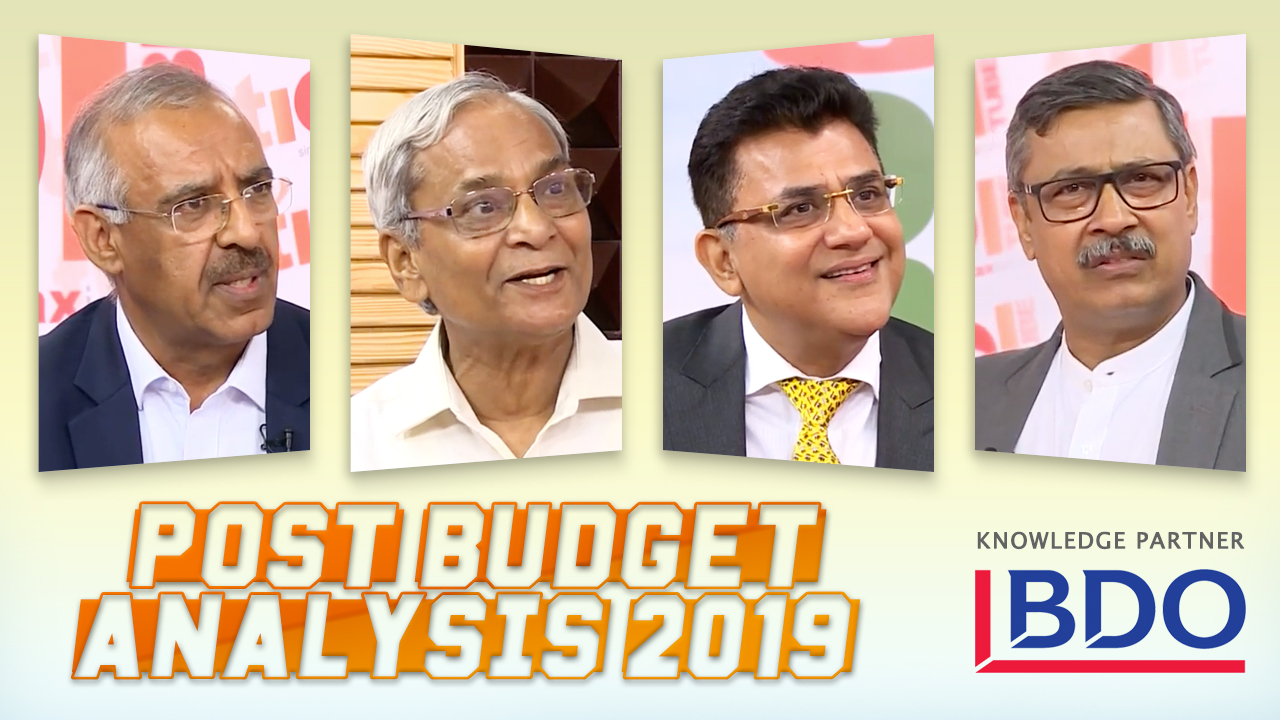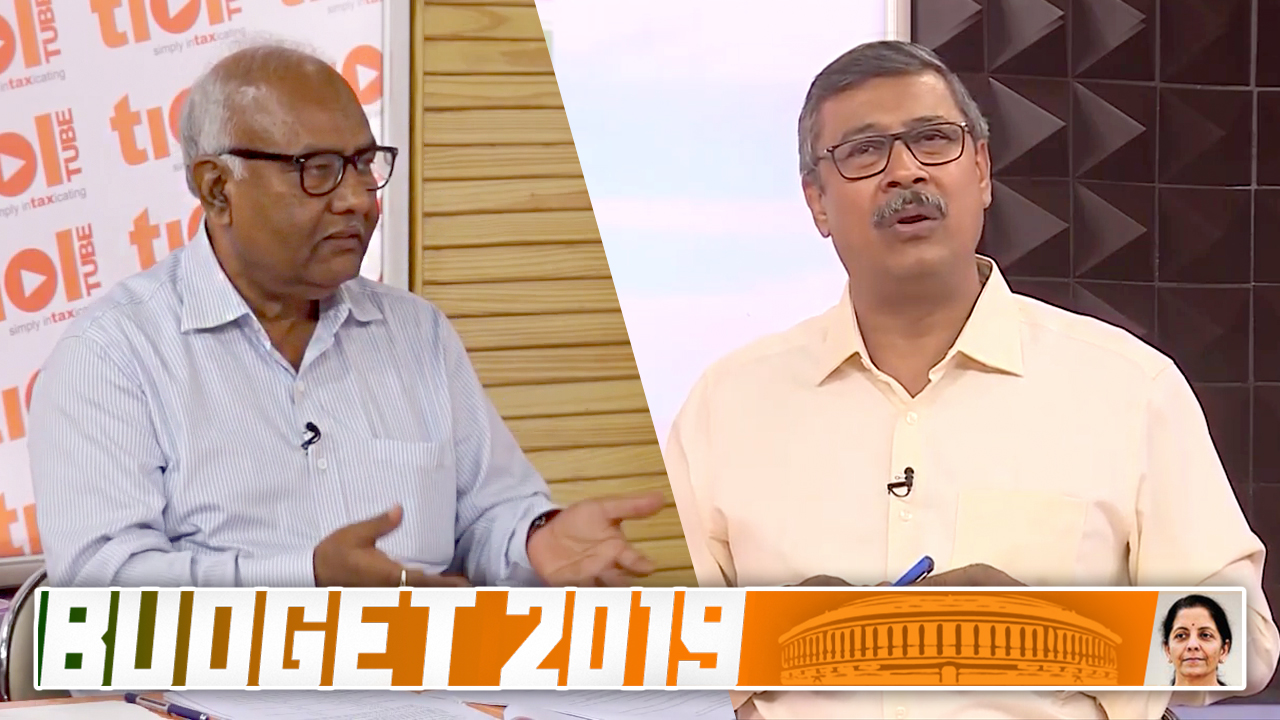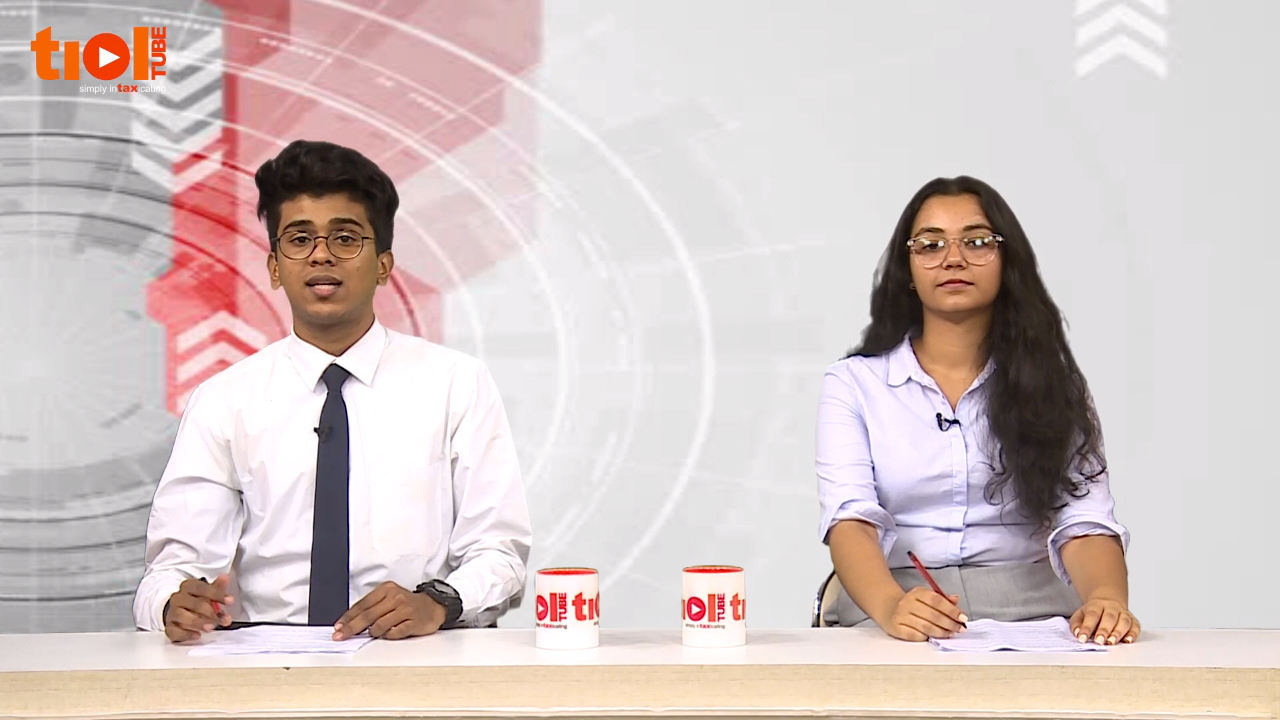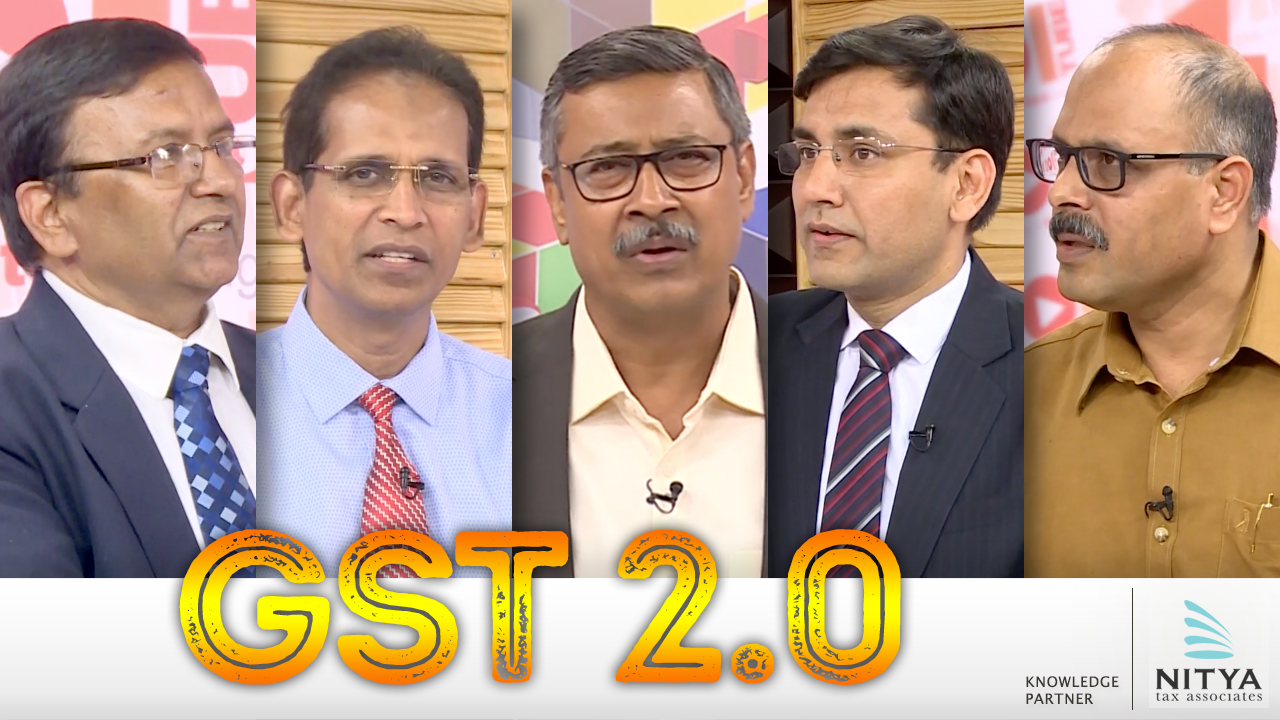|
SERVICE TAX
2019-TIOL-1950-CESTAT-HYD
Vijay Leasing Company Vs CC, CE & ST
ST - The assessee-company is engaged in Mining services availed Cenvat credit of Excise duty paid on inputs, capital goods, and service tax paid on input services between June 2005 to September 2009 - Some of the credit availed is of duty paid on dumpers and tippers & other machineries procured through import - Credit was also availed on excavation service availed - Upon audit, it was concluded that the assessee is ineligible for credit as the importer's invoice was unavailable and the other documentary evidence in respect of excavation service was not available - SCN was issued proposing duty demand and reversal of Cenvat credit for the relevant period - On adjudication, the demands were confirmed with interest & penalty - Hence the present appeal.
Held - Cenvat credit on dumpers and tippers - The assessee has no case in respect of credit availed of the Excise duty paid on dumpers and tippers, as it stands settled that Cenvat credit cannot be availed on vehicles registered with the authorities under the Motor Vehicles Act and Rules thereunder - Besides, the entire demand is hit by limitation - There is merits in the submissions made by the assessee that the monthly returns do not indicate any columns wherein they have to declare that the availment of CENVAT Credit against specific items - In the absence of any such column it is not mandatory on the assessee's part to declare that Cenvat Credit availed on capital goods, inputs and input services in the monthly returns - Besides, nothing is brought on record to indicate suppression or mis-statement of fact with intent to evade payment of duty: CESTAT
Held - Cenvat credit availed on importer's invoice - The documents annexed to the invoice raised by the importer clearly indicate that the capital goods were imported for the assessee, cleared upon payment of duty, CVD & that the capital goods were delivered to and received by the assessee - It is undisputed that the capital goods were put to use in mining services in the assessee's premises - When the documents clearly indicate the receipt and use of the capital goods for rendering output service, the denial of credit on hyper-technical grounds is untenable - In absence of contrary evidence showing non-receipt of capital goods or their non-use in providing taxable service, the adjudicating authority erroneously confirmed the demands - However, that part of the Cenvat credit is disallowed inasmuch as it pertains to period before 01.06.2007, when mining services were not taxable: CESTAT
Held - Excavation service - It is seen from the ledger account that the assessee made payments to the service provider on account and as per running bill raised by the service provider along with tax - On the face of such clear cut documentary evidence, the adjudicating authority was in error by not accepting the same - Since during the period prior to 01.06.2007, the services rendered by the assessee are not taxable, the credit availed is not correct and accordingly to that extent the demand is upheld: CESTAT
- Assessee's appeal partly allowed: HYDERABAD CESTAT
2019-TIOL-1932-CESTAT-MAD
Kumaran Steels Vs CCE
ST - The issue at hand pertains to duty demand raised on reverse charge basis in respect of transportation of the assessee's goods for the period between 01.01.2005 to 31.01.2009, on freight expenditure incurred by them - SCN was issued proposing duty demand with interest & imposing penalties - Upon adjudication, the duty demands were confirmed with benefit of 75% abatement available under Notfn No 32/2004-ST and Notfn No 01/2006-ST, on grounds that there was no documentary evidence to establish that the assessee did not avail credit of duty relating to such transportation of goods by road - On appeal, the Commr.(A) sustained such O-i-O - Hence the assessee's appeal.
Held: The names of the signatories who issued certificates have not been indicated - But there is no allegation by the Revenue about the genuineness of these documents - It stands settled in many decisions that a Board Circular cannot prescribe a condition not present in the Notfn No 12/2003-ST and exemption under Notfn No 32/2004-ST cannot be denied on account of minor discrepancies - Hence the assessee is eligible for 75% abatement in line with Notfn No 32/2004-ST & Notfn No 01/2006-ST - The amount paid by the assessee with interest after availing abatement of 75% is sustained - The remaining demand cannot be sustained - Moreover, as the issue involved is one of interpretation, no penalty can be imposed - Hence the penalties imposed u/s 77 & 78 are quashed: CESTAT
-Assessee's appeal partly allowed : CHENNAI CESTAT
2019-TIOL-1931-CESTAT-ALL
Manisha Projects Pvt Ltd Vs CCE & ST
ST - Assessee was providing services namely 'Commercial or Industrial Construction Service' and 'Construction of Residential Complex Service' and were registered for payment of service tax and were regularly filing ST-3 returns - During audit, it was found by revenue that assessee had constructed building for Manyavar Kanshi Ram Hospital at Greater Noida and did not pay service tax on the said activity - CBEC had issued Circular 80/10/2004-ST and clarified that the leviability of service tax was primarily dependent upon the use of building or civil structure - Further, it clarified that it was to be asurtained where building or civil structure was used or to be used for commercial or industrial purpose and further required or gather the information as to whether the buildings or civil structures was being used or to be used for the purpose of making profit or not and clarified that if the building or civil structure was used or to be used not for the purposes of profit then the same are not taxable - Assessee had raised this point and took a categorical stand before Original Authority that it was possible for revenue to cause inquiry regarding the registration of Manyavar Kanshiram Hospital from concern government authority to know whether the building was being used for the purpose of making profit or not and that revenue did not make such enquiries and issued show cause notice on pure assumption - The Original authority has not dealt with this aspect of onus on revenue to prove that such building was being used for making profit to satisfy the requirement of the said circular issued by the board and the impugned order is silent on the same - Revenue has repeatedly passed on the onus on assessee to establish that the building constructed for use by Manyavar Kanshiram Hospital was not for commercial purpose - However, as per the said clarification onus was on revenue to prove that the said building was being used or to be used for making profit - The construction of the building was done during the year 2008-09 and 2009-10 where the SCN was issued on 24.10.2013 - For issue of SCN, Revenue could not give any evidence to establish that the said building was being used for such purposes by which the organization using the same was making profit - Therefore, in terms of the said circular service tax was not leviable on the said activity performed by assessee - Since the service tax was not leviable and assessee is succeeding on merit the issue of limitation need not be discussed and decided: CESTAT
-Appeal allowed : ALLAHABAD CESTAT
CENTRAL EXCISE
2019-TIOL-1441-HC-MUM-CX
CCGST Vs CESTAT
CX/ST - CESTAT by its order dated 31 st December 2018 rejected the Petitioner Revenue's application seeking a stay of the order dated 27 th August 2018 passed by the Commissioner(A) sanctioning the refund of Rs.8.71 crores to the respondent - original authority had appropriated the sanctioned refund towards dues to the Central Government - Revenue has filed a Writ Petition under Article 226 challenging this order of CESTAT.
Held: Order passed by the CESTAT is self evidently a non-speaking order - It even does not record the basic dispute between the parties leading to the refund - Nor does it record the submission of the parties - Consequently no examination of the submissions made by the Petitioner in support and/or to oppose the application, is found in the impugned order - It merely rejects the application by stating that it finds 'no cogent and valid reasons' to stay the refund - Thus, the impugned order is clearly in breach of principles of natural justice - Bench is conscious of the fact that an order disposing of stay application, may not be a detailed order - Nevertheless, the order must indicate the dispute before it, the submissions of the parties in brief and due consideration of the issue before it on the basis of the submissions made by the parties on the touchstone of the principles for grant of stay - In the absence of the impugned order meeting the above test, it becomes a non speaking order - impugned order dated 31st December, 2018 is set aside and Petitioner's stay application is restored to the file of the Tribunal for fresh consideration and disposal in accordance with law - Tribunal to dispose of the application expedetiously - Petition allowed: High Court [para 4 to 6]
- Petition allowed: BOMBAY HIGH COURT
2019-TIOL-1440-HC-MUM-CX
Vandana Overseas Vs UoI
CX - Petitioner challenges the order passed by the Revisionary authority by which the Respondent Revenue's revision application was allowed by holding that the petitioners are not entitled to rebate of the duty paid on goods exported - Petitioner submits that they, a merchant exporter, had purchased the fabrics from M/s Rachana and who had cleared it to the petitioner on payment of duty through their CENVAT credit and which credit was sought to be disallowed to M/s Rachana on the ground that the same had been taken on the basis of fake/bogus invoices - petitioner further submits that in remand proceedings ordered by the Tribunal, the Additional Commissioner had dropped the demand raised in the show cause notice dated 20th October, 2008 issued to M/s. Rachana on the ground of the same being time barred; that on the basis of the said order dated 31st May, 2019 the Petitioner seeks the setting aside of the impugned order dated 31st January, 2018 and directing fresh consideration by the Government of India in Revision of the Revenue's appeal.
Held: In the light of the subsequent developments, which have taken place in these proceedings and now brought on record, it would be appropriate that the impugned order dated 31st January, 2018 of the Government of India in Revision, be set aside - Respondent Revenue's Revision Application is restored to the Government of India in Revision, for fresh consideration - matter to be decided expeditiously - Petition disposed of: High Court [para 5 to 7, 9]
- Petition disposed of: BOMBAY HIGH COURT 2019-TIOL-1935-CESTAT-HYD
Gkb Rx Lens Pvt Ltd Vs CCT
CX - The assessee-company manufactures lenses & provides services including exempted services of trading in lenses - It has offices in several cities in India, including Hyderabad & Vishakhapatnam - An SCN was issued seeking recovery of credit as per Rule 6(3)(i) of CCR 2004, being 5%/6% of value of exempted services rendered by the assessee with interest - Some amount already reversed was appropriated - The allegation was that the assessee availed credit in respect of invoices for manpower supply issued by service provider in the name of the Hyderabad office, but the credit had been availed by the Vizag office - The SCN sought to deny ITC citing lack of evidence that the invoices pertained to the services provided in Vizag unit - Demand for interest was raised - Equivalent penalty was imposed as per Rule 15(2) of CCR 2004 r/w Section 11AC of CEA - Such demands were confirmed upon adjudication & upheld by the Commr.(A) - Hence the present appeal.
Held: The first issue is whether the assessee is entitled to reverse proportionate credit u/r 6(3A) of CCR 2004 instead of paying 5%/6% of value of exempted services - The assessee produced a CA's certificate indicating the total turnover & exempted turnover and the proportionate credit amount to be reversed - After deducting the amount already reversed, the assessee claimed to have paid differential amount with interest - Subject to verification of this information by the lower authorities, the assessee is entitled to reverse proportionate amount of Cenvat Credit and need not pay amount equal to 5%/6% of value of exempted services rendered: CESTAT
Held: The other issue is whether the assessee is entitled to avail Cenvat Credit on the input invoices raised in the name of their head office - The assessee produced a letter from manpower supplier that the services in the disputed invoices were rendered in Vizag & billed in the address of the Hyderabad office - Hence the assessee is eligible for credit - Subject to verification, the demand with interest & penalties merits being quashed - However, the CA certificate produced before the Tribunal was not available before the original authority - Hence the matter warrants remand for verification of these documents: CESTAT
-Assessee's appeal partly allowed
: HYDERABAD CESTAT
2019-TIOL-1934-CESTAT-HYD
Granules India Ltd Vs CCT
CX - The assessee-company was served SCN for the relevant period, proposing demand in respect of short payment of duty, irregular availment of credit on two occasions, excess credit of Cenvat and non-payment of Cenvat credit - On adjudication, duty demand was raised with interest & imposition of penalty - On appeal, the Commr.(A) confirmed the demand in respect of two counts, sustained the interest but waived off penalty imposed for short payment of duty & irregular availment of credit - Hence the present appeal by the assessee.
Held: The issue at hand is whether duty is payable on goods which are manufactured by the assessee but are not cleared, on account of their having been destroyed in a cyclone or whether it suffices that the assessee reversed credit taken on inputs used in the manufacture of such products - Levy of Central Excise duty comes from manufacture itself - Once goods are manufactured, the levy applies - The duty becomes payable when the goods are removed from the place of their production or manufacture - Also considering Rule 8 of the CER 2002, it becomes clear that duty is payable only if the goods are removed from the factory and the duty is to be paid by the 5th or 6th of the following month - From the mandate of CBIC Circular No 907/27/2009-CX dated 07.12.2009 it is seen that Excise duty is payable unless duty is remitted u/r 21 - If the goods are not removed at all and are lying in the factory, no duty is payable regardless of the period for which they have been lying there post manufacture - The assessee can claim remission from duty if the goods are destroyed - However, where the goods are destroyed and the assessee claimed no remission of duty, then there is no provision under which duty becomes payable - The Circular also does not mention as to under which Rule is duty payable when goods are not removed - Hence in the absence of any specific legal provision, no duty can be demanded on goods which are lost or destroyed in the factory - it is immaterial as to whether or not the assessee sought remission - Duty though leviable does not become payable in such cases & there is no date by which it is to be paid - Hence the duty demands for reversal of Cenvat credit on lost or destroyed goods by treating them as final products, is unsustainable - Consequently, no penalty is payable: CESTAT
-Assessee's appeal allowed : HYDERABAD CESTAT
2019-TIOL-1933-CESTAT-MUM
Huhtamaki Ppl Ltd Vs CCE
CX - During the relevant period, the assessee inadvertently debited an amount in the Cenvat a/c of service tax in its ER-1 returns under the head for other payments - Hence the assessee paid some amount of duty in excess - On realising the mistake, the assessee informed the Range Superintendent & requested to make the necessary corrections in the ACES system, since during the relevant period, the assessee was not authorised to revise its returns - Besides Rule 12(7) of CER 2002 enabling revision of returns was introduced only w.e.f. April 01, 2016 - The assessee was directed to file a refund claim with the supporting documents - The assessee suo motu took credit of the excess amount in the subsequent month - The Revenue directed the assessee to reverse such credit but the latter did not comply - Hence SCN was issued, proposing reversal of excess credit - Such demand was confirmed upon adjudication, along with interest & penalty - Such order was upheld by the Commr.(A) - Hence the present appeal.
Held: There is force in the assessee's contention that the debit of the excess amount was only an arithmetic/clerical mistake - Such amount paid by mistake cannot be termed as duty, as it is a deposit only - There is force in the assessee's contention that though they submitted the documents in support of their claim before the lower authorities, but the same was not considered by them - It it is fit case for remand to the adjudicating authority for deciding the issue afresh - Fresh evidence, if any, also be considered: CESTAT
- Case remanded: MUMBAI CESTAT
CUSTOMS
NOTIFICATION
Trade Notice 25
Imports of Maize (feed grade) under the TRQ Scheme for 2019-20 CASE LAW 2019-TIOL-1930-CESTAT-AHM
Rajkamal Industrial Pvt Ltd Vs CC
Cus - The assessee-company imported goods which it had declared as base oil, whereas the Revenue claimed that the same was HSD - The contentions of the Revenue were based on test reports given by the Baroda CRCL, CRCL New Delhi and IOCL at Mumbai - Hence the present appeal.
Held: The issue at hand is debatable since it revolves around the technical characteristics of the product - The assessee's counsel claimed that while the IS specifications 1460:2005 in respect of HSD provide for 21 specifications for testing, in the present case, the testing was done in respect of 14 specifications only - Apparently, this is a vital discrepancy in conducting the test - However, no opinion is expressed on merits - For releasing the goods for re-export, the quantum of bank guarantee is reduced to 25% of the duty amount - The assessee must also execute a bond for 100% of the value of the goods: CESTAT
-Assessee's appeal partly allowed: AHMEDABAD CESTAT |







